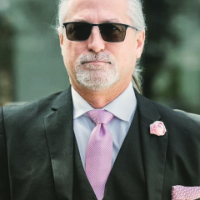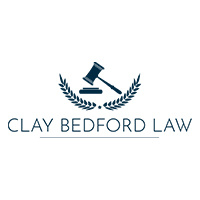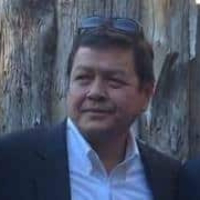Linden Felony Lawyer, California
Sponsored Law Firm
-
 x
x

Click For More Info:
-
Becker Law Practice
333 University Ave Suite 200 Sacramento, CA 95825» view mapCriminal Defense Law I Will Protect Your Rights
The Becker Law Practice is familiar with laws that impact the Sacramento area, and I provide local representation in matters that could benefit from my particular services.
800-996-3610
Darrell G. Griffin
✓ VERIFIEDDarrell started in private practice in civil law, but quickly realized a different passion. He was a prosecutor for many years. As the Department le... (more)
Clay Bedford
✓ VERIFIEDI am an attorney licensed to practice law in the State of California. My practice is limited to criminal defense and juvenile cases. The criminal... (more)
Richard Thomas Dudek
✓ VERIFIEDRichard Dudek knows the Sacramento courts, procedures and prosecutors. Our highly skilled defense team includes licensed private investigators who use... (more)
FREE CONSULTATION
CONTACTWraymond K. Plummer
Joseph Patrick Hougnon
FREE CONSULTATION
CONTACTJames Murray Warden
FREE CONSULTATION
CONTACT Matthew Becker Sacramento, CA
Matthew Becker Sacramento, CA Practice AreasExpertise
Practice AreasExpertise



